Best movies like The Wolf Men
A unique, carefully handpicked, selection of the best movies like The Wolf Men Starring James Coburn, and more. If you liked The Wolf Men then you may also like: What's Cookin' Doc?, With Babies and Banners: Story of the Women's Emergency Brigade, The Naked Eye, Operation Vittles, Other Voices and many more popular movies featured on this list. You can further filter the list even more or get a random selection from the list of similar movies, to make your selection even easier.
The Wolf Men [also known as Wolves and the Wolf Men) is a 1969 documentary film produced by Irwin Rosten. It was produced for the GE Monogram documentary series on NBC. The film follows naturalists as they fight to save rapidly vanishing species of wolves. It was nominated for an Academy Award for Best Documentary Feature.
You may filter the list of movies on this page for a more refined, personalized selection of movies.
Still not sure what to watch click the recommend buttun below to get a movie recommendation selected from all the movies on this list
With Babies and Banners: Story of the Women's Emergency Brigade
With Babies and Banners: Story of the Women's Emergency Brigade is a 1979 documentary film directed by Lorraine Gray about the General Motors sit-down strike in 1936–1937 that focuses uniquely on the role of women using archival footage and interviews. It provides an inside look at women's roles in the strike. The film was one of the first to put together archival footage with contemporary interviews of participants and helped spur a series of films on left and labor history in the US utilizing this technique. The film was also important in helping bring into view the history of American women being active in the public sphere, particularly in union and labor actions. The film was, further, ground breaking because it was produced and directed by women. It was nominated for an Academy Award for Best Documentary Feature.
The Naked Eye
The Naked Eye is a 1956 American documentary film about the history of photography directed by Louis Clyde Stoumen. It was nominated for an Academy Award for Best Documentary Feature.
Operation Vittles
Operation Vittles is a 1948 American short documentary film about the Berlin Airlift, from the initial closure of the city in 1948 through 1949. It explains how, what, and why that supported the city. It was nominated for an Academy Award for Best Documentary Short.
Other Voices
Other Voices is a 1970 documentary film directed by David H. Sawyer. The film follows Dr. Albert Honig, one of the most controversial Doctors of his era, as he demonstrates various techniques he has employed in his treatment of comatose, catatonic, schizophrenic, and autistic patients. It also follows a handful of patients living in a rural setting in Doylestown, Pennsylvania during their daily activities and during treatment sessions with Dr. Honig. It was nominated for an Academy Award for Best Documentary Feature.
Rebel in Paradise
Rebel in Paradise is a 1960 American documentary film on the artist Paul Gauguin produced by Robert D. Fraser, a San Francisco real estate developer. It was nominated for an Academy Award for Best Documentary Feature.
Jenny is a Good Thing
Jenny is a Good Thing is a 1969 American short documentary film about children and poverty, directed by Joan Horvath. Produced by Project Head Start, it shows the importance of good nutrition for underprivileged nursery school children. The film was nominated for an Academy Award for Best Documentary Short.
Jet Carrier
Jet Carrier is a 1954 American short documentary film produced by Otto Lang as a CinemaScope Special. It was nominated for two Academy Awards - one for Best Documentary Short, and the other for Best Two-Reel Short. It was filmed aboard the aircraft carrier USS Yorktown.
Journey Into Self
Journey into Self is a 1968 documentary film introduced by Stanley Kramer, and produced and directed by Bill McGaw. The film portrays a 16-hour group-therapy session for eight well-adjusted people who had never met before. The session was led by psychologists Carl Rogers and Richard Farson. The participants included a cashier, a theology student, a teacher, a principal, a housewife, and three businessmen. It won the Academy Award for Best Documentary Feature in 1968.
Journey Into Spring
Journey into Spring is a 1958 British short documentary film directed by Ralph Keene, and made by British Transport Films. The film -- partly a tribute to the work of the pioneering naturalist and ornithologist Gilbert White (1720-1793), author of The Natural History of Selborne -- features a commentary by the poet Laurie Lee, and camerawork by the wildlife cinematographer Patrick Carey. The journey suggested by the title is through time rather than space. In fact, two such journeys are made: the first back to the eighteenth century to pay tribute to the work of White, and the second studies the changing natural landscape near White's home town of Selborne in Hampshire between a typical March and May. It was nominated for two Academy Awards -- one for Best Documentary Short, and the other for Best Live Action Short.
Kenji Comes Home
Kenji Comes Home is a 1949 documentary film produced by Paul F. Heard. Written and directed by Charles F. Schwep, it was filmed on location in Japan and employed native actors. The film is the story of Kenji, a repatriated prisoner of war in Japan, and his difficulties in settling down. He is torn between the glowing promises of communism and ideals of his girlfriend Aki's Christian religion. The film was nominated for an Academy Award for Best Documentary Feature.
A King's Story
A King's Story is a 1965 British documentary film directed by Harry Booth about the life of King Edward VIII, from his birth until abdication in 1936. It was nominated for an Academy Award for Best Documentary Feature.
Baptism of Fire
Baptism of Fire is a 1943 American documentary, meant to be an Army training film starring Elisha Cook Jr. It was nominated for an Academy Award for Best Documentary Feature.
The Challenge... A Tribute to Modern Art
The Challenge... A Tribute to Modern Art is a 1974 American documentary film directed by Herbert Kline. The film shows footage of great modern artists in their studios creating and commenting on their work, with narration and commentary by Orson Welles. It was nominated for an Academy Award for Best Documentary Feature.
A Sister's Obsession
Kendra has been given an Educator of the Year award and now must prepare a speech to give at a banquet in her honor. She has the support of her husband (and is trying to start a family with him) and best friend Monica, but her life is starting to unravel. Kendra will discover the cause is a long lost twin sister, Amber, who resents her twin's "entitled" position. Kendra must fight her vindictive sister to save her home, husband, job, and finally her life.
Cowboy
Cowboy is a 1966 American short documentary film directed by Michael Ahnemann and produced by Ahnemann and Gary Schlosser. At a ranch in Tehachapi, California, a husband and father lives the life of a modern cowboy. The film was nominated for an Academy Award for Best Documentary Short.
The End of the Road
The End of the Road (also known as Alaska: The End of the Road) is a 1976 British short documentary film directed by John Armstrong. The film is about British Petroleum's Alaska operations, including the construction of the Trans-Alaska Pipeline System. It was nominated for an Academy Award for Best Documentary Short.
High Schools
High Schools is a 1984 American documentary film produced and directed by Charles Guggenheim. It is based on Ernest L. Boyer's book, High School, and was filmed on location in seven American high schools. The film was nominated for an Academy Award for Best Documentary Feature.
Point of View
Point of View is a 1965 American short documentary film. The film is about cigarette smoking and health, designed to give young people a wholly new way of looking at cigarette smoking and its health hazards. It was nominated for an Academy Award for Best Documentary Short.
Young Americans
A 1967 documentary film chronicling the travel experiences of The Young Americans choir. It was given an Academy Award in 1969, though it was revoked because it was released in 1967 and was thus ineligible, the only film in history to have done so.
Fred Rogers: America's Favorite Neighbor
Writer, producer, puppeteer, songwriter--America's Favorite Neighbor takes a thorough look at the career of legendary children's television host Fred Rogers. Produced for Pittsburgh's WQED, this informative documentary tracks his rise as floor manager for various NBC programs, such as Your Hit Parade, to the major awards he received later in life, such as the Lifetime Achievement Award and the Presidential Medal of Freedom. Along the way, he's seen launching public TV programs The Children's Corner, which featured a soon-to-be-famous puppet named King Friday, and Canada's MisteRogers. The latter, naturally, was followed by Mister Rogers' Neighborhood, which made its national debut in 1968, and would eventually became the longest running program in PBS history. Hosted by fellow Pennsylvania native Michael Keaton (Batman), who worked on his show in the early days, America's Favorite Neighbor is suitable for all ages, but is geared more towards adults, particularly parents and educators.
Springsteen On Broadway
Springsteen on Broadway is a solo acoustic performance written and performed by Tony Award, Academy Award, and 20-time Grammy Award winner Bruce Springsteen. Based on his worldwide best-selling autobiography 'Born to Run,' Springsteen on Broadway is a unique evening with Bruce, his guitar, a piano, and his very personal stories. In addition, it features a special appearance by Patti Scialfa. Netflix will allow global audiences to see the show critics have been raving about from anywhere they are.
The Real Rocky
Chuck Wepner is a liquor salesman from Bayonne, N.J., who drives a Cadillac with “Champ” vanity plates. A former New Jersey State Heavyweight Boxing Champion, he took abuse from Sonny Liston, got his nose broken by Muhammad Ali, and inspired Sylvester Stallone to write “Rocky” which won three Academy Awards. Wepner was left out of the “Rocky” glory, and his career took turn after strange turn as he worked to stay in the spotlight: he went on to fight Andre the Giant as “The Assassin” and boxed a 900 pound bear. Twice.
Hunted by a Myth
The story follows an anti-poaching ranger in Zululand Reserve in his fight to save rhino's at the peak of the poaching season. As he is alerted of another mother rhino massacred for her horn, he now turns his full focus to finding a rhino cub that will die if not saved in the next 24hrs. This documentary highlights not only the importance of stopping the massacres of rhino poaching but the hope of saving the young and the species in the future by coming together and mixing all efforts that allow the rhinos to stay alive.
Memorial: Letters from American Soldiers
Memorial: Letters from American Soldiers is a 1991 American short documentary film directed by Bill Couturié. It shows footage from World War I, World War II, the Korean War, the Vietnam War and the Gulf War, overlaid with readings of letters from US troops fighting in each war. It was nominated for an Academy Award for Best Documentary Short.
The Incredible Machine
The Incredible Machine [also known as Man: The Incredible Machine] is a 1975 American documentary film directed by Irwin Rosten and Ed Spiegel. It follows a "ourney" inside the human body, using advanced technology of microscopic photography and sound, including scenes of heat radiation, color x-rays, and camera exploration of a living human heart. The film is famous for including some of the first pictures ever taken inside the human body and presented on film, using some of the earliest film that medical researchers had taken inside the human digestive tract and bloodstream. It ranked as the most-watched program in Public Broadcasting Service until 1982. It was nominated for an Academy Award for Best Documentary Feature.
First Contact
First Contact is a 1983 documentary by Bob Connolly and Robin Anderson which recounts the discovery of a flourishing native population in the interior highlands of New Guinea in 1930 in what had been thought to be an uninhabited area. It is based on the book of the same name by the same authors. Inhabitants of the region and surviving members of the Leahy brothers' gold prospecting party recount their astonishment at this unforeseen meeting. The film includes still photographs taken by a member of the expedition and contemporary footage of the island's terrain. It was nominated for an Academy Award for Best Documentary Feature.
The Really Big Family
The Really Big Family is a 1966 American documentary film directed by Alexander Grasshoff about the Dukes family of Seattle, who had 18 children. It was nominated for an Academy Award for Best Documentary Feature.
Say Goodbye
Say Goodbye is a 1971 American documentary film about the relationship between humans and nature, directed by David H. Vowell. The film depicts the plight of various animal species at the hands of man and his influence. Some segments include the clubbing of seals on the Pribilof Islands, the effect of DDT on brown pelican populations in Texas, and the plight of severely endangered animals. It was nominated for the Academy Award for Best Documentary Feature.
Alaska Wilderness Lake
Alaska Wilderness Lake is a 1971 American documentary film produced by Alan Landsburg. It was nominated for an Academy Award for Best Documentary Feature. The film is based on the book Red Salmon, Brown Bear by Theodore J. Walker.
Against Wind and Tide: A Cuban Odyssey
Against Wind and Tide: A Cuban Odyssey is a 1981 American documentary film about the Mariel boatlift, which was first broadcast on PBS the week of June 1, 1981. Written by John Brousek, the film was nominated for the Academy Award for Best Documentary Feature.
Journey to the Outer Limits
Journey to the Outer Limits is a 1973 American documentary film directed by Alexander Grasshoff. The fillm is a National Geographic documentary about students in the Outward Bound program as they confront themselves while training to climb the Santa Rosa Peak in the Peruvian Andes. It was nominated for an Academy Award for Best Documentary Feature.
Fighting for Our Lives
Fighting for Our Lives is a 1975 documentary film produced and directed by Glen Pearcy. The film documents the striking of California grape workers from Coachella to Fresno as they negotiate for a United Farm Workers (UFW) contract in 1973. The film also depicts their non-violent struggle against police brutality on the picket lines. It was nominated for the 1976 Academy Award for Best Documentary Feature.
Inside the Golden Statue
A behind-the-scenes look at the preparations for the live broadcast of the 69th Annual Academy Awards ceremony.







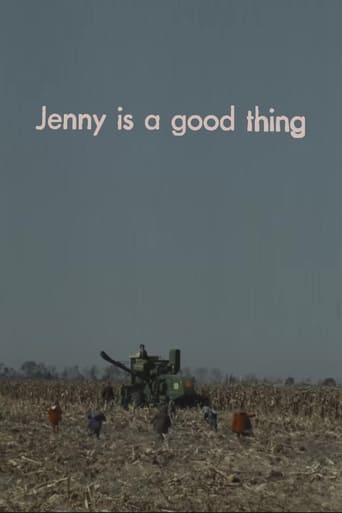







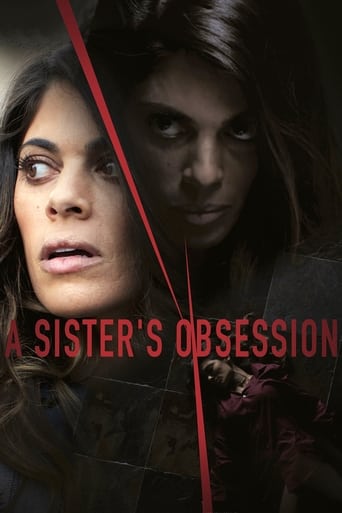





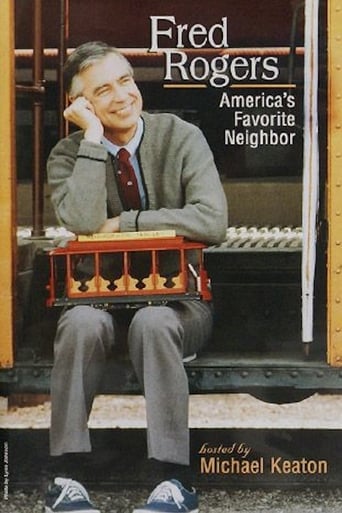

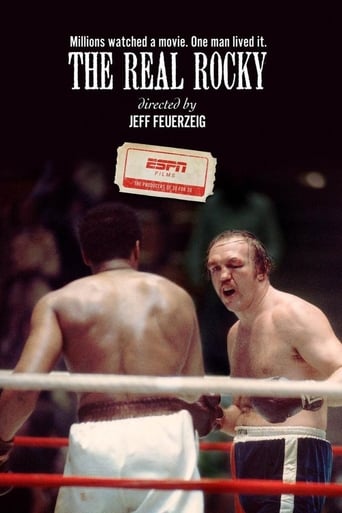

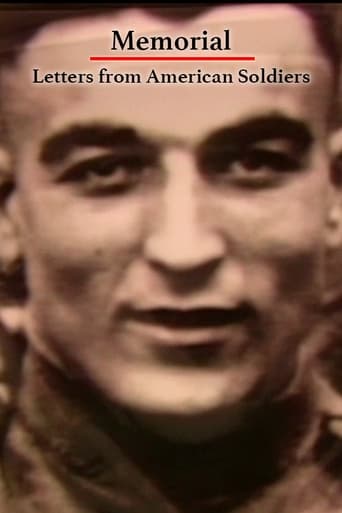

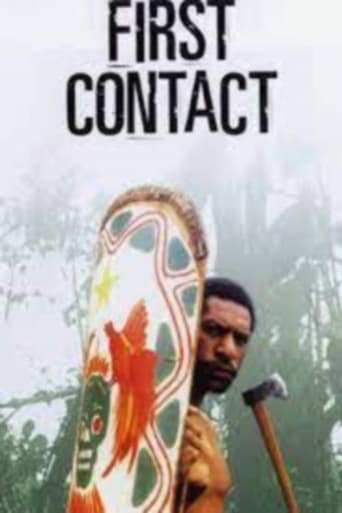
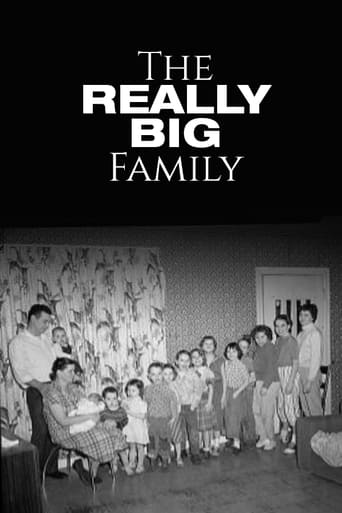
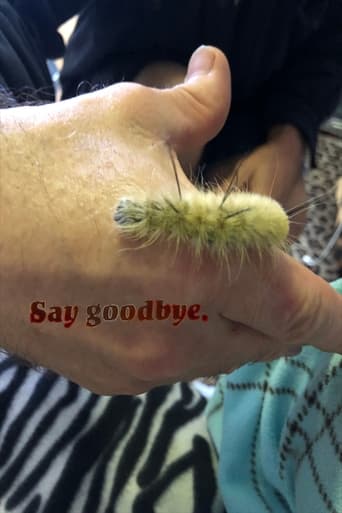







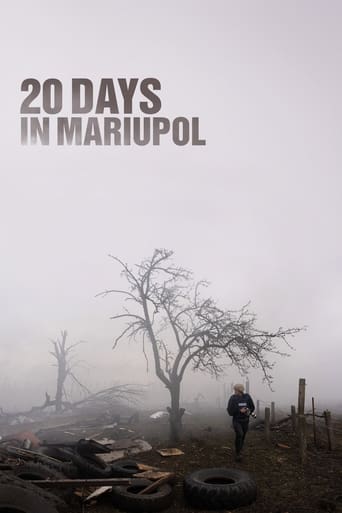
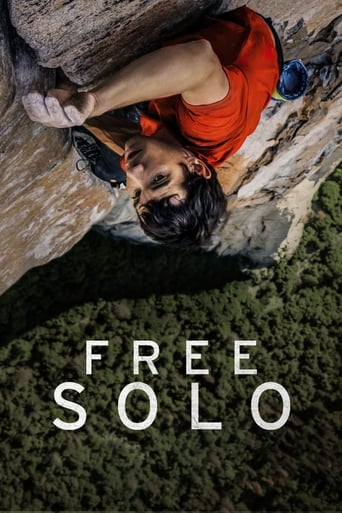

What's Cookin' Doc?
At the Academy Awards ceremony, Bugs Bunny tries to convince the audience that he deserves the Oscar. Opens with live action scenes of Hollywood.